The Nature Corridor Collaboration, or The Corridor CoLAB for short, is a collaboration between environment and community groups across Moonee Valley who have come together to focus on creating healthy environments in our municipality. We are committed to caring for Country guided by Wurundjeri Woi-wurrung elders and community. It is a 'LAB' because we are incubating people-power, plant-power and wildlife-power to address the climate emergency.
The Corridor CoLAB Project is about visioning and acting so that Napier Park and Moonee Ponds Creek are healthy and connected. Over the next six months we will invite residents that live in the streets between Napier Park and Moonee Ponds Creek to be part of our pilot project. The aim of this pilot project is to test and create the final format for engaging our community in planting gardens and nature strips for wildlife. We will stagger our invitations and work street by street. If/when your street is chosen you will be notified by post. You can join via the QR code on the letter you receive in the post or by taking the following steps.
How to join in
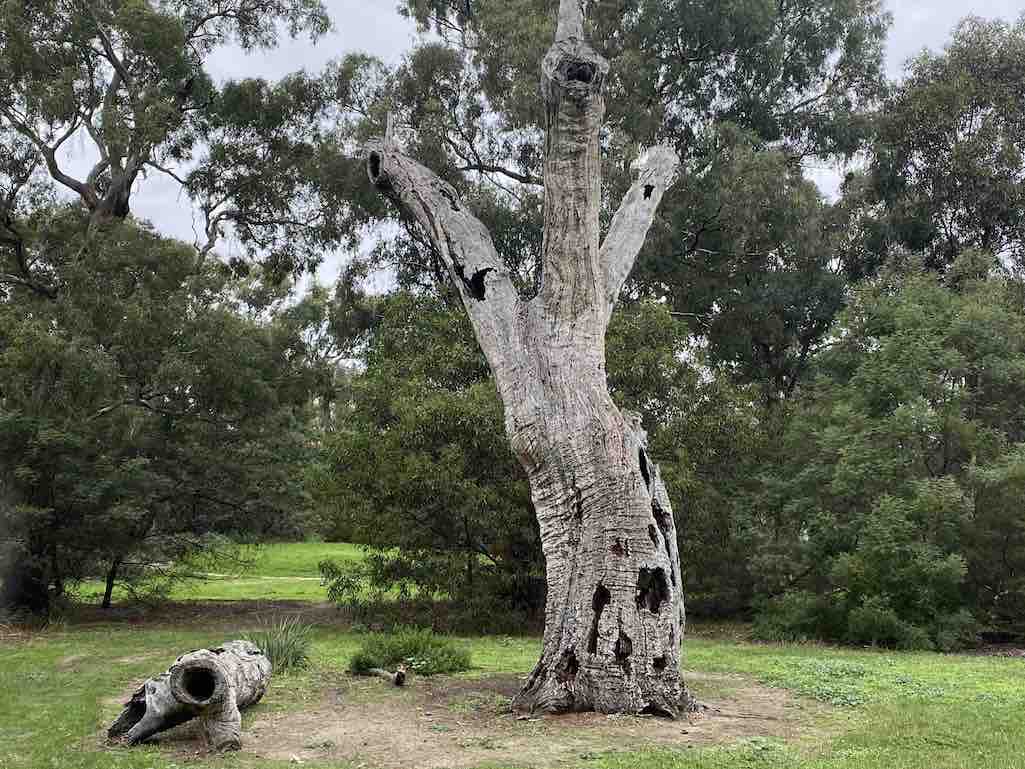

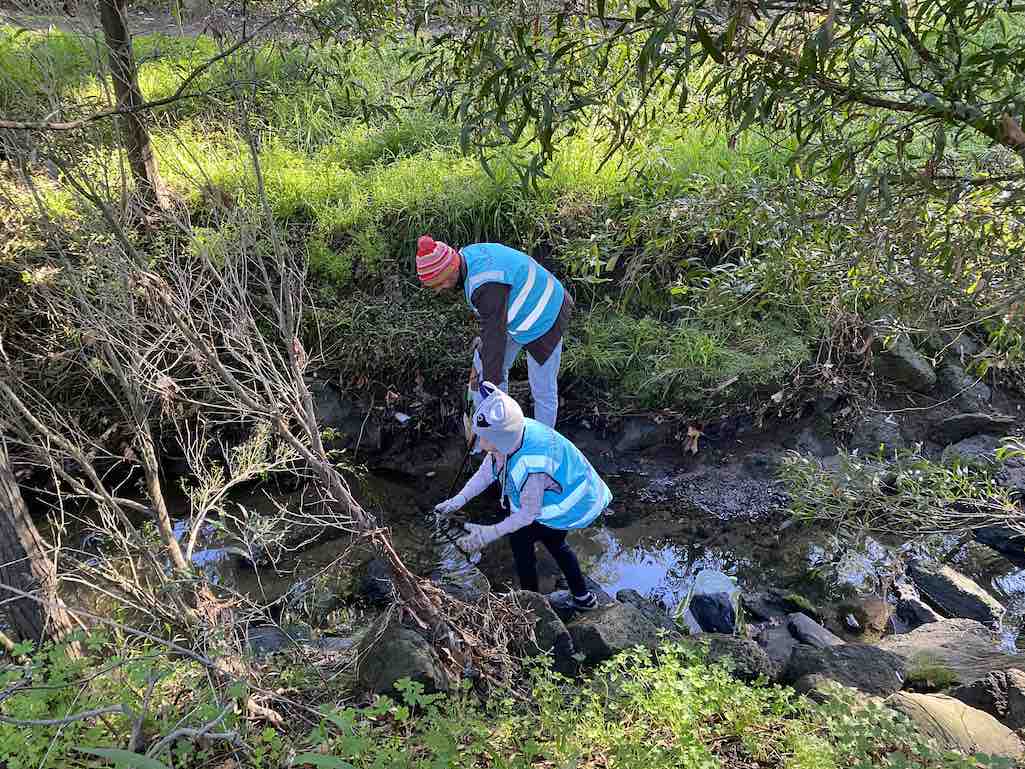
Pollinators are insects and other animals such as birds, bats, beetles, and flies that visit flowers in search of food, shelter, nest-building materials, and sometimes even mates. They are also an important part of the food chain. Pollinators move between flowering plants seeking nectar and pollen, and as they do they play a crucial role in producing seeds and fruit, including 75% of our food.
We’ve done the research and chosen plants that are most likely to attract the area’s local butterflies, birds and bees. As well as being beautiful, native flowers boost the health of other plants in your garden, by attracting predatory insects that will control pests and pollinate fruit trees and vegetables.
Just a few plants in your garden can be a magnet for wildlife, helping to create a Pollinator Pathway between the Creek and Napier Park. This, in turn, will help restore a healthy balance in the Park.
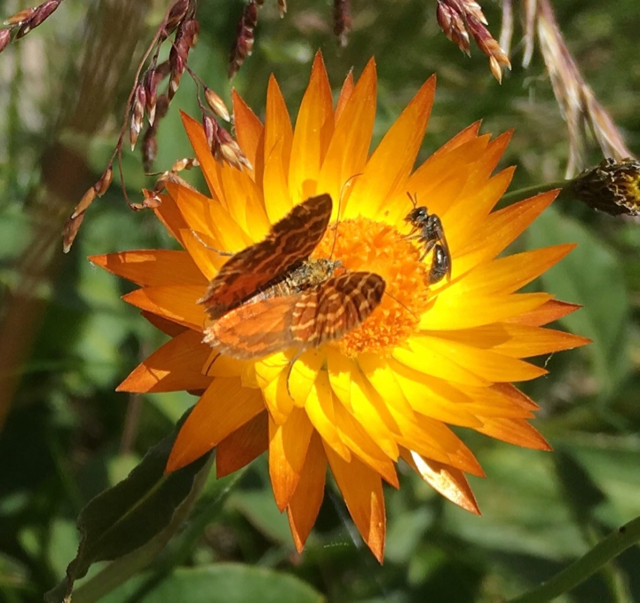
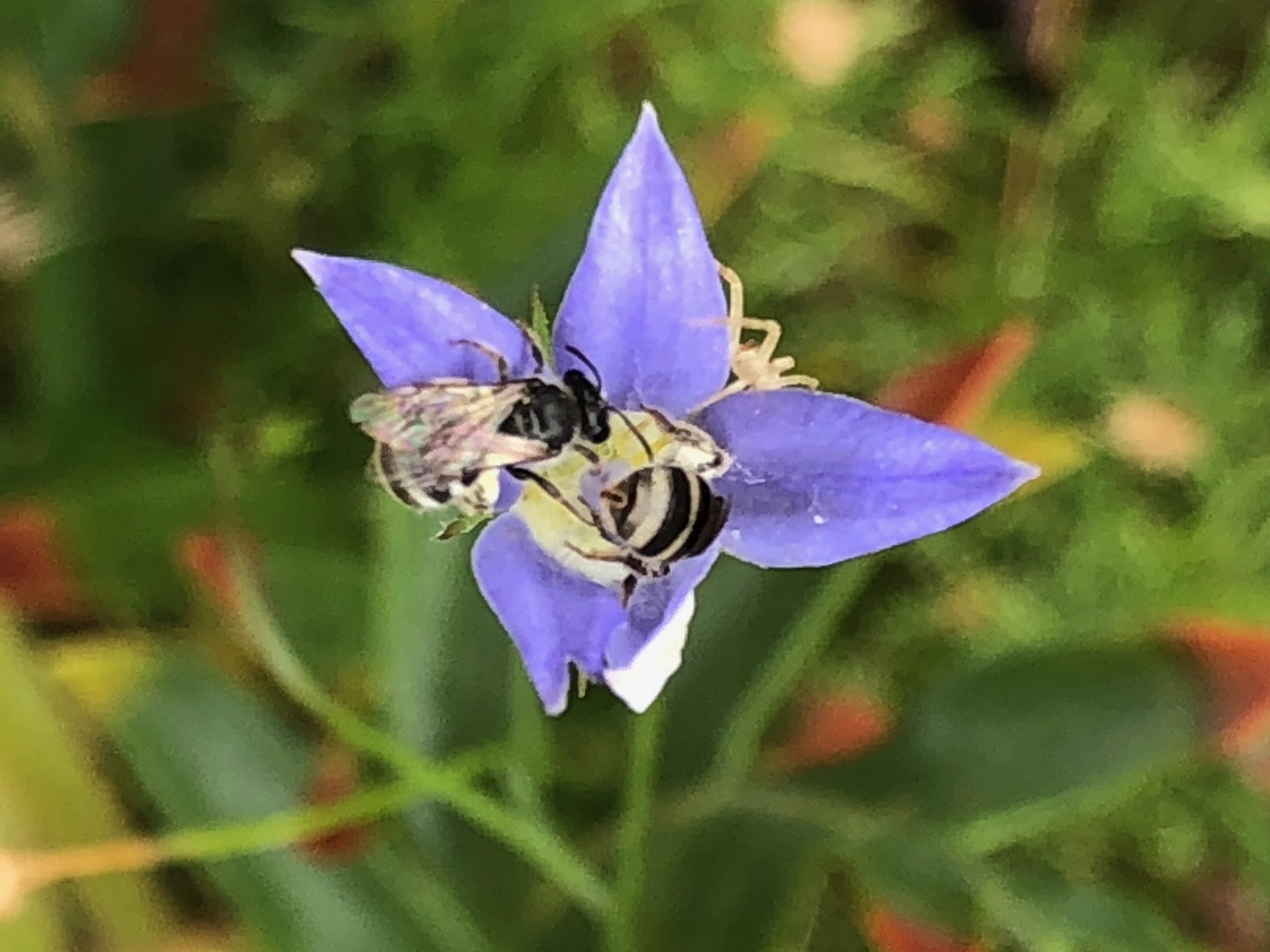
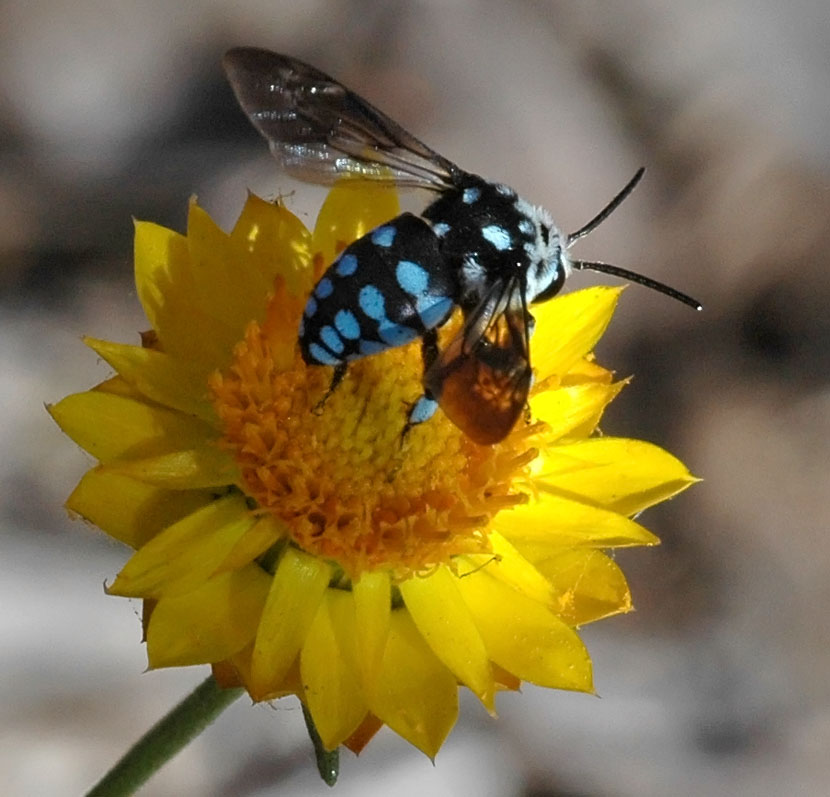
It may be easier to grow and maintain native plantings, than lawn. A study on verge gardens in the Perth local government areas of Melville and Fremantle highlighted that gardeners simply found it easier to grow native plants on poor sandy soils than it was to grow lawn (Uren et al. 2015, Cited in Clean Air and Urban Landscapes Hub, 2021).

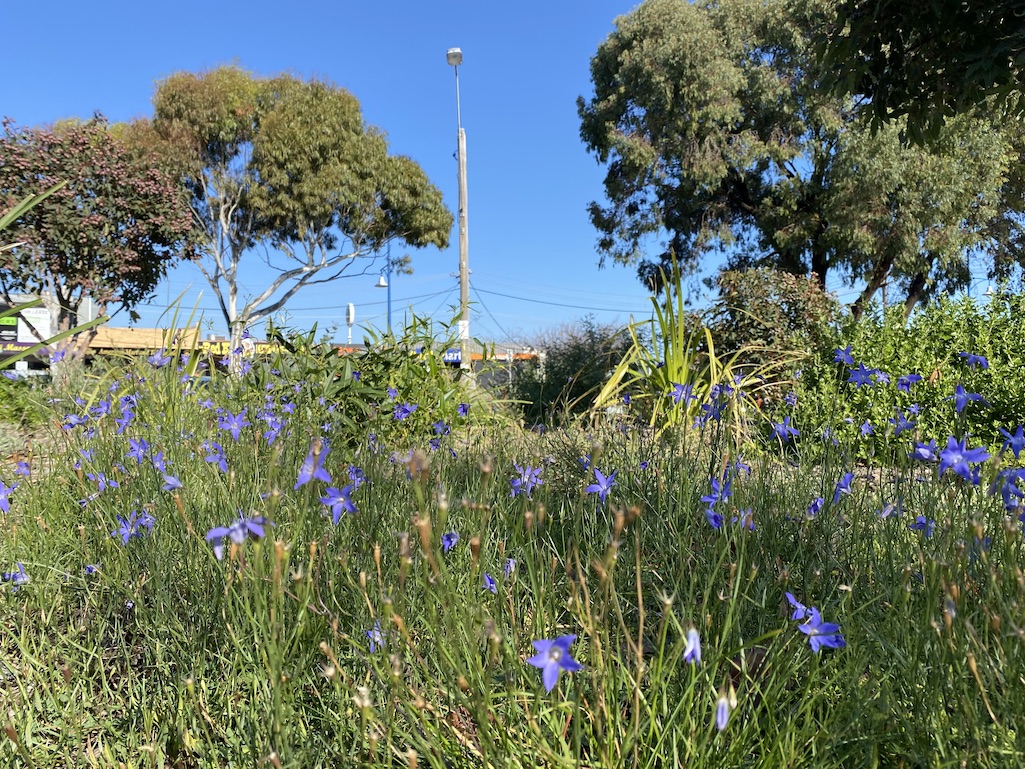
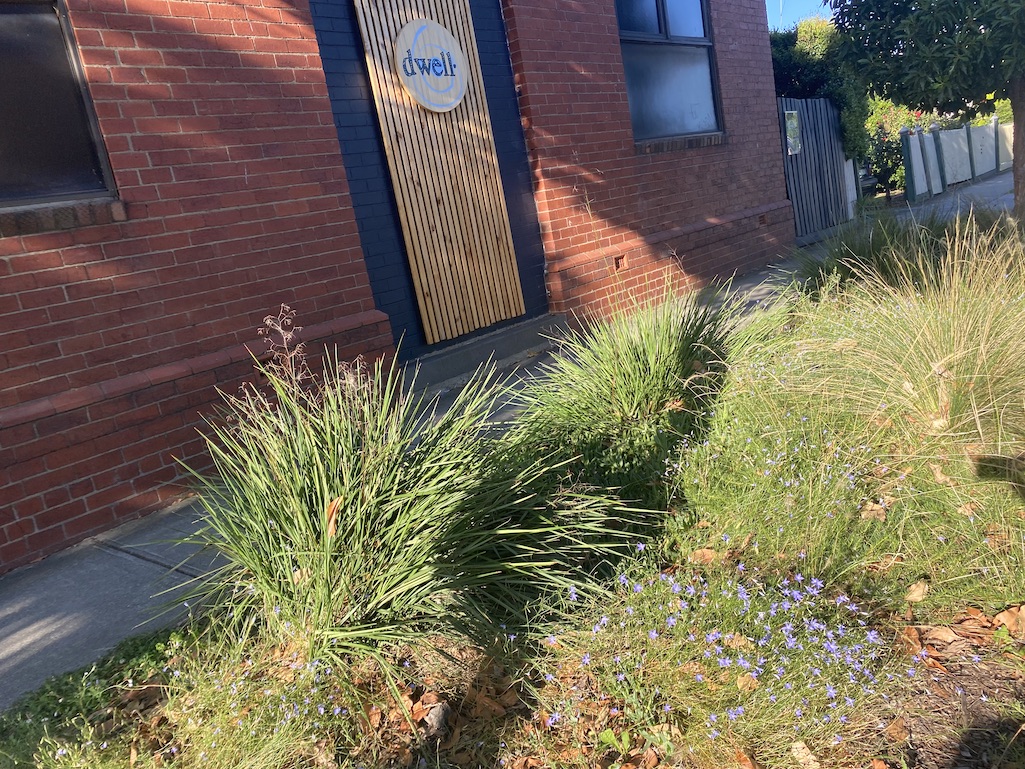
Contact any of the participating groups to find out more about the project. Alternatively you can email angela.clarke@maribyrnongriver.org.au to be looped into the project.